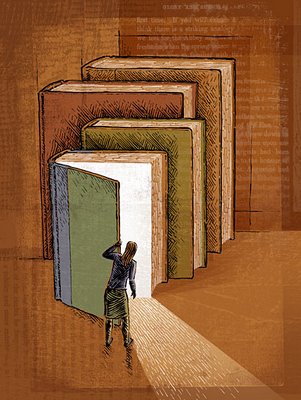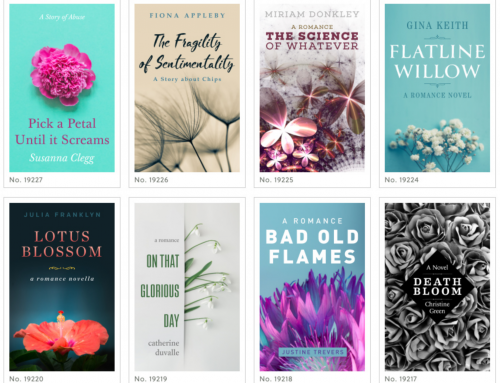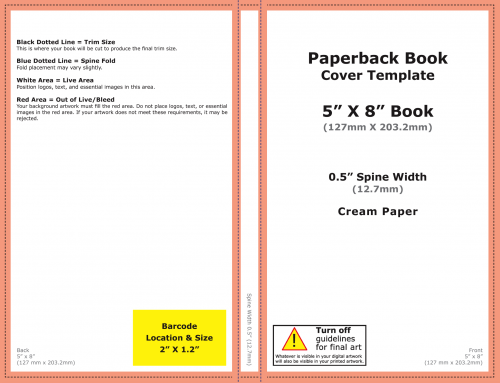 About a week ago I had to opportunity to view again, after twentyyears, an arty but satisfying film by director-documentarian Jill Godmilow, called Waiting for the Moon. Plotless and rather devil-may-care when it came to realistic chronology, it depicted the lives of Gertrude Stein and her companion, Alice B. Toklas, as they spent them in the artistically rich atmosphere of pre-war Paris and their peaceful country house in the French province of Ain, near the Swiss border. Their days spent in Ain hold a particular glamour for writers. For who among us has not longed for that quiet place, where nothing is heard but the rustling of the leaves, the whistling of the teakettle and the steady scratch of pen on paper? And who among us has not longed for that ever-present companion who understands and fulfills our fundamental need to get the words down right, and in order, the way we see them in our head?
About a week ago I had to opportunity to view again, after twentyyears, an arty but satisfying film by director-documentarian Jill Godmilow, called Waiting for the Moon. Plotless and rather devil-may-care when it came to realistic chronology, it depicted the lives of Gertrude Stein and her companion, Alice B. Toklas, as they spent them in the artistically rich atmosphere of pre-war Paris and their peaceful country house in the French province of Ain, near the Swiss border. Their days spent in Ain hold a particular glamour for writers. For who among us has not longed for that quiet place, where nothing is heard but the rustling of the leaves, the whistling of the teakettle and the steady scratch of pen on paper? And who among us has not longed for that ever-present companion who understands and fulfills our fundamental need to get the words down right, and in order, the way we see them in our head?
And, of course, how many of us actually manage to satisfy that longing, we who have livings to make, families to feed, imperfect companions, dreams that must be deferred time and time again.
There’s no substitution for the country house in France, or the book-lined study in Park Slope, or the shade of an oak tree high on a hill, I’m afraid. But it is still possible, even in these days of laptops and iPhones and TV screens buzzing even on buses, to find that Quiet Place wherever you are. Since the QP is different for everyone, I can only point out a few markers to help you find it for yourselves:
- The street is Purpose. The door is Focus. Find that street first. Once you walk down it you’ll recognize the door.
- If you can’t make your time long, make your time deep. Fifteen minutes in the QP is infinitely superior to the prolonged dance we all like to do before we open the door—you know, with “research”, “correspondence”, or all those little chores that make us feel like we’re “important writers”.
- We’re not important writers. Writers are not considered important in this culture so get used to it. Get comfortable being out of place in the world. What you hope for is grace. Gertrude and Alice were two American Jews living in tranquility in Nazi-occupied France, well aware of being in the strange pocket of grace that kept them from harm.
- Stop resenting those writers of whatever caliber who do possess the country house or book-lined study. They don’t have what you have. Own what you have.
- Use low technology to overcome high technology: Don’t be shy about using earplugs. Four dollars at Walgreen’s will get you a half-dozen little blue sound dampers that can save your mind. If you live in New York City, get plugs with a noise reduction rating of 30 or over. Me, I like 33 when I can get them.
My friend Stephen Gyllenhaal, whose normal state of mind is cacophonous at best, found at the age of fifty-seven his Quiet Place just only a few months ago. Through meetings and shoots (he’s a television director), through private doubts, public embarrassments, financial frettings and an ultimately disastrous family holiday, he was able to find the Street, find the Door and mentally sequester himself in his own Quiet Place to write his first novel. In fact, when the family holiday culminated in the internationally headline-making Fire at Manka’s Lodge, it found Steve running out of the burning woodland retreat at three-thirty in the morning, without his shoes, without his underwear, and carrying out the only thing that mattered at the moment—his laptop, which contained the only version of his manuscript.
The lodge was burned to the ground and everyone’s clothing and belongings were lost, but no one was hurt. That was grace.
More often than not, that kind of grace is all you can hope for and all you deserve. You can’t buy it, but it sometimes comes as a gift, when you find that quiet place to write—where the sound of the story in your head is the loudest sound of all.
Get an Editorial Review | Get Amazon Sales & Reviews | Get Edited | Publish Your Book | Enter the SPR Book Awards | Other Marketing Services





















I very much enjoyed this piece. Eloquent, yet to the point.
Lovely! Just what I needed to read! 🙂
(Email fake for privacy, but comment perfectly genuine)